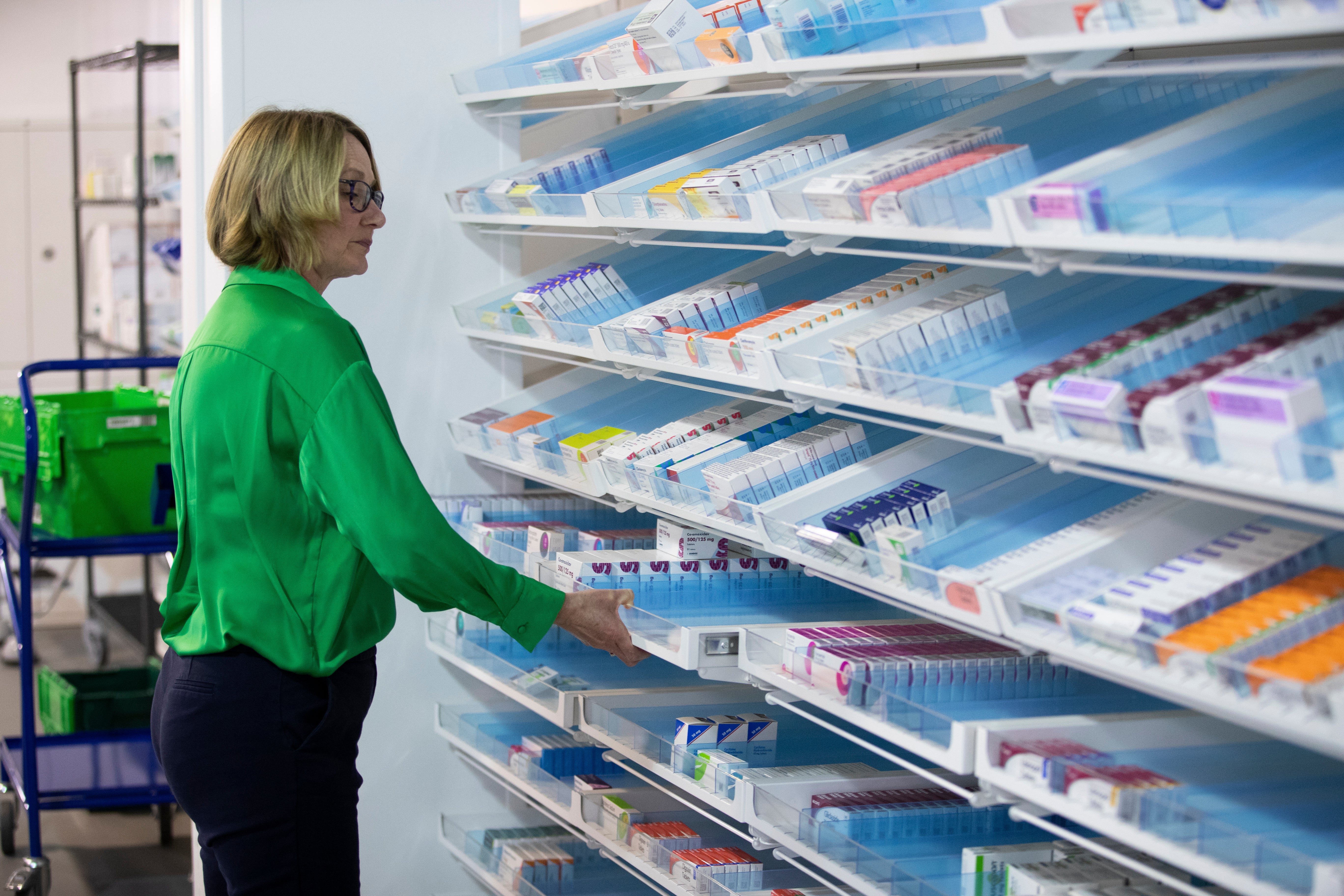Are drug companies justified in pulling out of the NHS pricing agreement?
Rebates risk harming one of the few UK industries considered world class, writes James Moore


US drug giants Eli Lilly and AbbVie have become the first to pull out of a decades-long voluntary pricing agreement with the NHS following a sharp rise in payments.
At first glance, their withdrawal looks like a potentially self-destructive hissy fit.
Pharmaceutical companies pay a rebate to the health service when branded drug purchases exceed an agreed level. The rebate is uncapped.
A mechanism of this kind has been in place for roughly 65 years, going back to the foundation of the service, although its form has varied. Big customers pay less, regardless of what they’re buying, and the NHS is a very big customer.
The US firms are fed up because the level of rebate has soared. The industry is paying back £3bn this year, which equates to 26.5 per cent of UK sales. Last year it was 15 per cent (but with an element of deferral). Before that it was just 5 per cent.
Walking out of the voluntary agreement won’t do anything to lower the payments that either of these companies make, since there is a statutory alternative that they will fall under and the government is proposing to increase payments under that mechanism from April.
Rather, the walkout is intended as a shot across the bows of the Department of Health and Social Care (DHSC).
If Eli Lilly and AbbVie can be cast in the role of “bad cop”, the Association of the British Pharmaceutical Industry (ABPI) acts like the “good” one, offering cups of tea at the interrogation table. It has been lobbying hard for what it describes as a “more internationally competitive” scheme. Translation: one that is cheaper and more favourable to the industry.
Drug companies aren’t terribly easy to sympathise with, US drug companies in particular. This is a hugely profitable industry and one which doesn’t always behave terribly well.
Eli Lilly, for example, is perhaps best known for producing the insulin used by patients with both type 1 and sometimes type 2 diabetes, including your type 1 correspondent. It is being sued by the state of California, which is claiming that “unlawful, unfair and deceptive” practices have been used to drive up the price of the product. Insulin has been around as a treatment since the 1920s. The fact that people in America and the developing world have been dying for the lack of it is scandalous.
It is just one example of why the moral high ground is unfamiliar territory for these companies. The list of scandals, fines and eye-popping legal settlements the industry has been involved in is depressingly long.
On the other hand, any business that finds itself part of a scheme that is quintupling in cost is going to get antsy.
The phrase “world class” can’t be applied to much in the UK these days but its pharmaceutical industry is certainly up there. The government has recognised this, making it a high priority and is talking about turning the country into a pharma “superpower”.
Working in the governmenmt’s favour is Britain’s natural strength in R&D, both by the industry and universities. UK researchers played an important, and well-documented role in the development of Covid vaccines, for example. Drug research and development is, of course, expensive and risky. For every treatment that reaches the market, there are multiple failures, which explains why some drugs are pricey. The government has responded to this by offering the industry favourable tax treatment.
But there have been rumblings of discontent from other companies, about other issues and some of them are justifiable.
The ABPI has warned of a “collapse in the number of industry clinical trials” depriving patients access to cutting-edge treatments, the NHS of the revenues derived from staging them here and the UK as a whole of the economic benefits.
The cost of the rebates, and the decline in trials, are linked to the fallout from Covid and the crisis in the NHS that has followed. It has gummed things up, making it much harder to get those trials off the ground. Meanwhile, the NHS drug bill has soared as early intervention has declined. Patients with long-term health conditions are struggling to secure appointments. Problems that could have been nipped in the bud easily and cheaply at an early stage are being allowed to fester until they require much more radical and expensive intervention.
This isn’t rocket science, and is fixable. Whether the DHSC under Steve Barclay has the gumption to solve the issue is another question.
It might be wise for ministers to consider a compromise here. They are facing an own goal, and haven’t we had quite enough of those in recent years?






Join our commenting forum
Join thought-provoking conversations, follow other Independent readers and see their replies
Comments